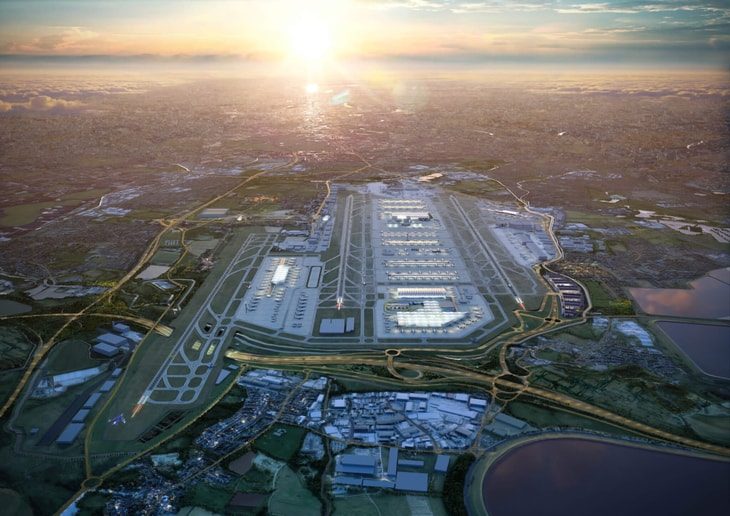UK Chancellor Rachel Reeves has backed a third runway at London Heathrow airport, reviving one of the longest-running and controversial issues in transport history.
Speaking to an audience of business chiefs at Siemens in North Oxfordshire this morning, the Chancellor set out the government’s latest set of reforms to kickstart economic growth.
This included the announcement that the government supports, and is inviting proposals for, a third runway at Heathrow.
The Chancellor confirmed that the government will move “at speed” to review the Airports National Policy Statement (ANPS). This provides the basis for decision making on granting development consent for a new runway, but for that to happen, major environmental and planning obstacles will have to be overcome. Next year will be 80 years since the idea of a third runway was first put forward.
... to continue reading you must be subscribed


